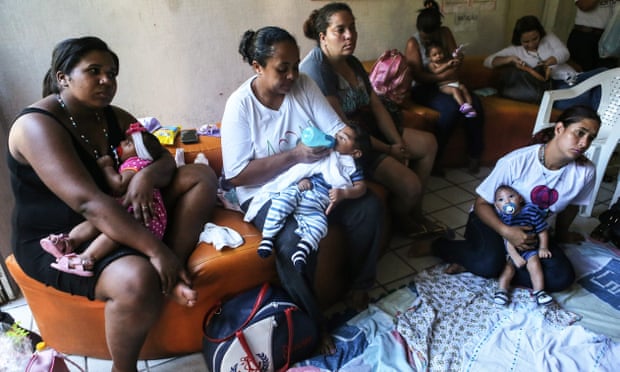Human testing of experimental Zika vaccine to begin

However, significant hurdles remain. Last week, researchers at Imperial College in London showed that previous exposure to dengue virus could potentially worsen Zika infections. If the reverse is also true, as some scientists suspect, a vaccine that causes the immune system to produce antibodies against Zika virus could inadvertently make dengue infections more life-threatening.
“We know that dengue circulates in the same parts of the world as Zika, and what you don’t want to do is go around and give a vaccine that makes another viral infection much worse and potentially fatal,” said Jonathan Ball, professor of molecular virology at the University of Nottingham.
The problem arises because the Zika and dengue viruses are so genetically similar that the immune system cannot always differentiate between them. When a person who has previously had dengue catches the Zika virus, the immune system may attempt to fight the new infection with “old” antibodies raised against dengue virus. Instead of wiping out the invading Zika viruses, the antibodies merely latch on and draw them into cells, helping them to replicate and spread.
For the same reason, a person who has had dengue in the past may have antibodies in their system that attack the Zika vaccine as soon as it is administered. If that happened, their body might swiftly wipe out the vaccine before it has a chance to make fresh antibodies against Zika virus.
Despite the hurdles, Ball said the results are still encouraging. Other vaccines that target flavivirus, the group of viruses that include Zika and dengue, are already effective, notably for yellow fever, and for Japanese encephalitis virus and the tick-borne encephalitis virus, which can cause the brain to swell.
“These studies are a good step forward and give reason to be optimistic that vaccines might work in people,” said Peter Openshaw, professor of experimental medicine at Imperial College London. “However, it is essential to move to human studies as soon as possible. By the time human vaccines are ready, many of the vulnerable population will have already been naturally infected.
The purpose of vaccination will presumably be to protect travellers and those wishing to become pregnant. It will be vital to see how vaccines will work in such situations and how the practical and economic barriers to vaccine deployment can be overcome.”





No comments:
Post a Comment